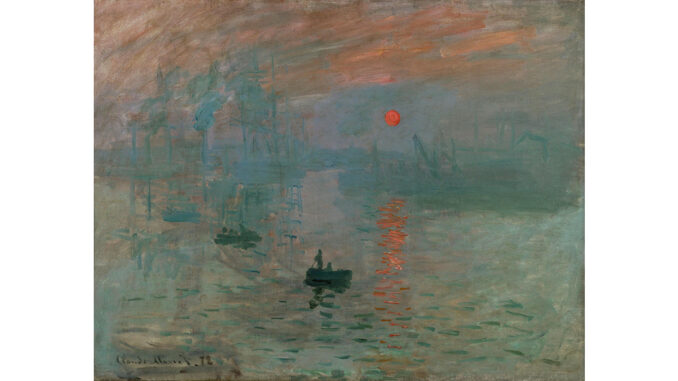
A little boy was walking down the street rejoicing in the possession of a bright new penny. He was going to buy some candy with it — and he could almost taste it already. But just then he dropped his penny upon the sidewalk — and an older boy seized it. The little boy asked for his penny back, but the older boy only laughed. It was a mean trick. It spoiled the whole day for the young boy. The older boy put a dark cloud over the little fellow’s sun that day, and the shadow will be cast upon him through other days.
A few people were sitting in a room talking over a matter. During the conversation one man made a charge against another, insultingly comparing him with a man whose conduct had been quite unfitting. The charge was like a dagger in the man’s heart. He knew it was both untrue and unjust. He had always held the other man in high esteem, and to be thus publicly wounded by him, was almost unbearable. He made no defense but went out of that room with an aching heart, humiliated and wronged. His friend had put a great cloud over his sun.
Years later, the man still has pain in his heart. He is not bitter toward the other man — he has forgiven him; but the close tie has been broken. He has not been able to confide in the one who did him such an injury.
A faithful minister had labored for years for souls. He had been successful — and had been a blessing to many. One day a certain person spoke of him jokingly in a manner that aroused suspicions of others who were present. These suspicions grew to whispers and the whispers grew to open charges. The minister could not prove them to be false. The accusations hindered his labors. Someone had put a cloud over his sun and over his name — and for years the dark shadow of it rested upon his life.
How easy it is to put a cloud over someone’s sun — to make some life dark which might have been bright. It may seem like only a little thing — but sometimes a little cloud can make a dark shadow. We may not see either the cloud or the shadow — but the heart that is darkened, both sees and feels.
Parents can, by unkind words or actions, becloud their children’s sky. One way parents do this is by telling the faults of their children to visitors, in the presence of the children. There is scarcely anything more disheartening to a child than this. He feels humiliated and hurt. He feels that he has been betrayed. It sinks down into his soul and rankles there. It discourages him, and if it is often repeated — he comes not to care if he is at fault. Constant reproof and faultfinding make a child’s life gloomy and sad.
Children may darken the hearts and lives of their parents. How many times is the heart of a mother or father grieved by the conduct of the children? Young people, cherish your parents, try to make their lives as bright as you can. They have many cares. These are enough for them to bear, without your adding a single one. When you have grown older and they have gone out of your life — you may look back with a pang of regret at the times when you caused their hearts to ache.
We are told that “no man lives unto himself.” There is a circle of influence about our lives which affects every other life that we touch. We brighten or darken the lives about us. We lighten or make heavier the burdens of others. Every unkind word or look — makes a shadow on some life. Every slighting remark, every sarcastic fling, every contemptuous smile — puts a cloud over somebody’s sun.
Lack of appreciation has darkened many a life. How much better it would be to take away the clouds, and to banish the gloom. You can do this just as easily as you can bring clouds. It is just as easy to speak kind words — as to speak unkind ones. You can encourage and help — you can speak words of appreciation. When people please you — then let them know it. When people do well, or even when they try to do well and fail — then you can show that you appreciate their efforts.
There are enough clouds in life at its best, in this world of sorrow. Be a sunshine-bearer. Drop a little good cheer into every life you touch. No matter what disposition you are by nature — you can form the habit of being cheerful and encouraging. Even when you have heavy burdens yourself — you can be encouraging and helpful to others.
Do not let your troubles be mirrored on your face. One’s face can smile and his words can be cheery — even if his own heart aches.
Charles Wesley Naylor is considered one of the most prolific and inspiring songwriters of the Church of God. He was bedridden for much of his adult life but wrote eight books, a newspaper column and over 150 songs. Many of his writings are in the public domain.



